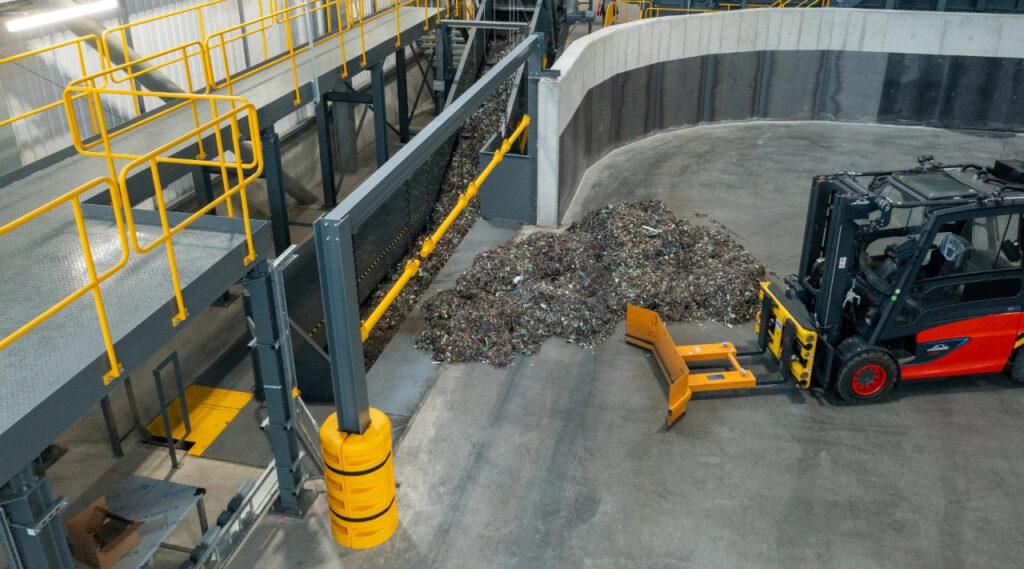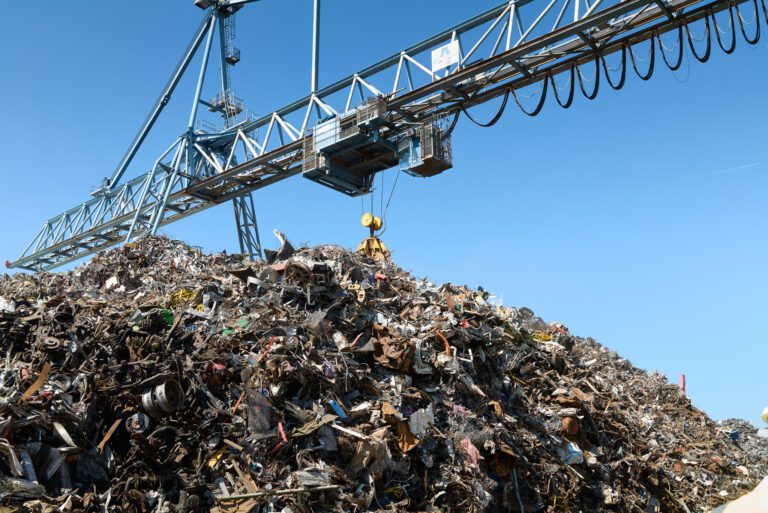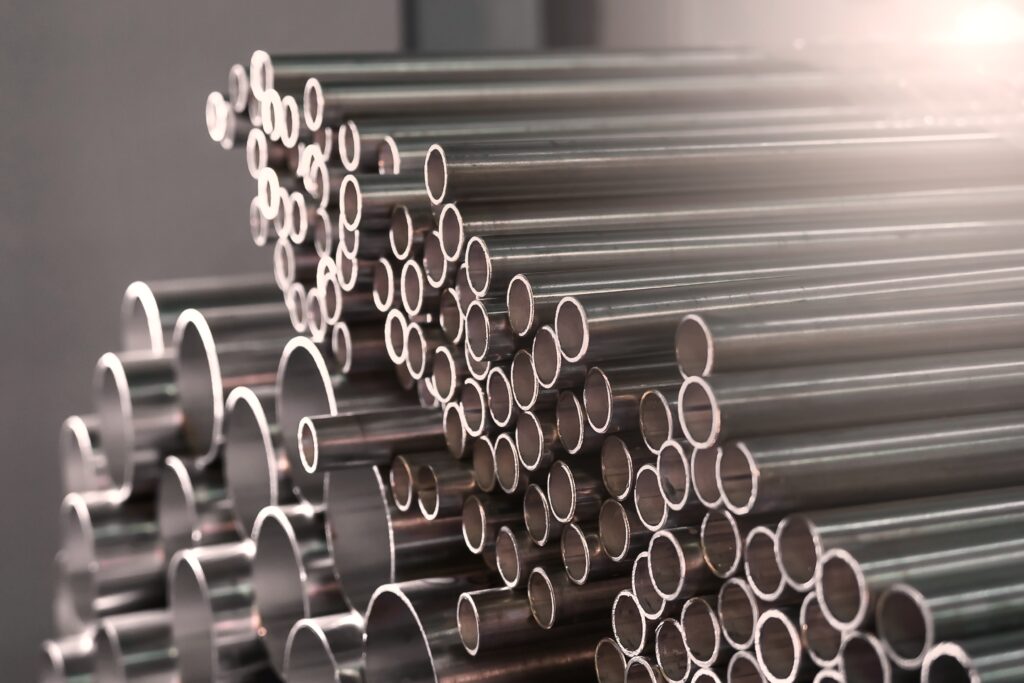Speaking at its annual general meeting in Birmingham on Wednesday, British Metals Recycling Association president Peter Brookes said that there needed to be a “better” balance between economic prosperity and environmental protection.
” The plethora of regulation affecting our industry continues to be a problem, particularly for smaller sites “
– Peter Brookes, BMRA
Mr Brookes suggested that, while 2006 had been a good year of most members, the government's focus had been too heavily focused on regulations which often damaged industry competitiveness.
He said: “The plethora of regulation affecting our industry continues to be a problem, particularly for smaller sites.”
He explained that one BMRA member recently worked out that more than 10 different strands of environmental law had affected his business over the last 15 years, costing his business approximately 1 million – An amount equal to the profit his business made in the same period.
Mr Brookes said: “We need a better balance between economic prosperity and environmental protection: one which, I believe can be achieved by a more coherent, simplified, and industry approach to regulation.”
Regulations
The BMRA president said that the number of regulations governing metal recycling had continued to grow. At present, Defra is reviewing its Environmental Permitting Programmes, while the Environment Agency is introducing new Fixed Condition Licenses. Reviews concerning Duty of Care and Waste Management licence exemptions are also following in the New Year.
Furthermore, directives relating to packaging and End of Life Vehicles are to be followed by WEEE in 2007, and the Batteries Directive in 2008.
Mr Brookes suggested that the review of the Waste Framework Directive, which is currently progressing through the European Parliament, would provide an opportunity to redefine the point at which scrap metal is no longer classified as a waste – allowing it to be treated as a raw material and be subject to less regulation.
| Related links: |
He said: “Our international trade is significantly affected by the European designation of scrap metals as “waste” – which means we are governed by Transfrontier Shipment Regulations which are designed for waste products.”
“The New Waste Framework Directive provides the opportunity to redefine the point at which scrap ceases to be waste and becomes properly recognised as secondary raw material,” he added.








Subscribe for free